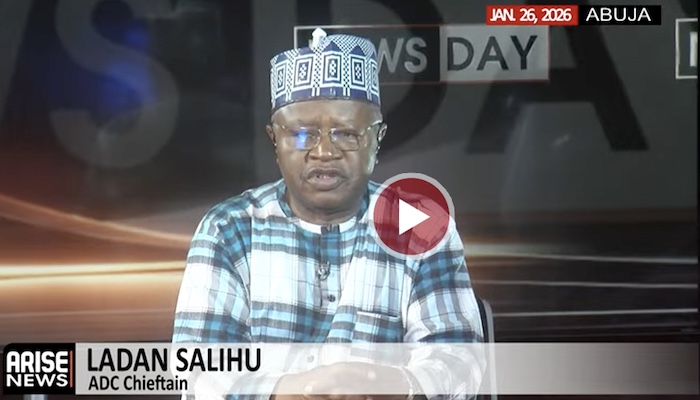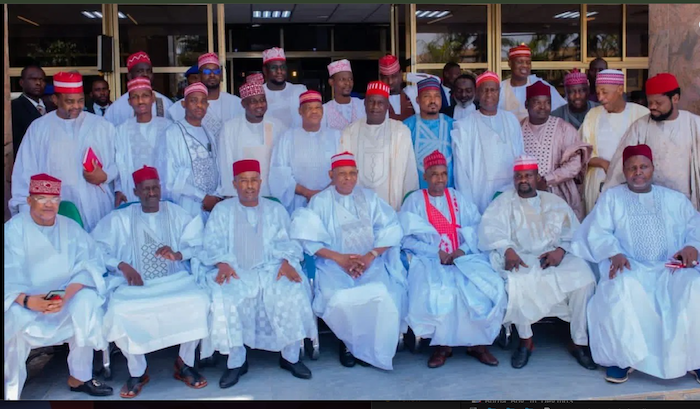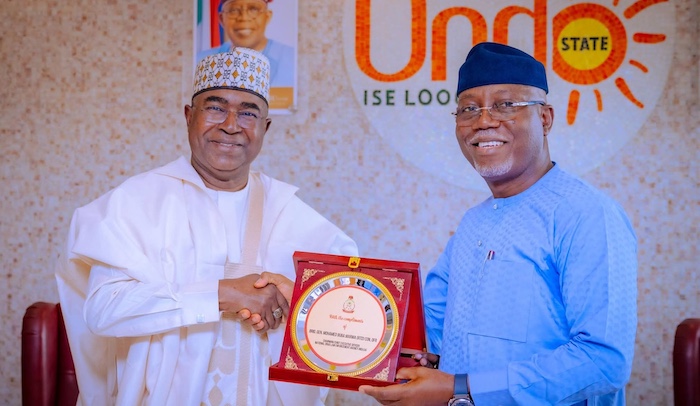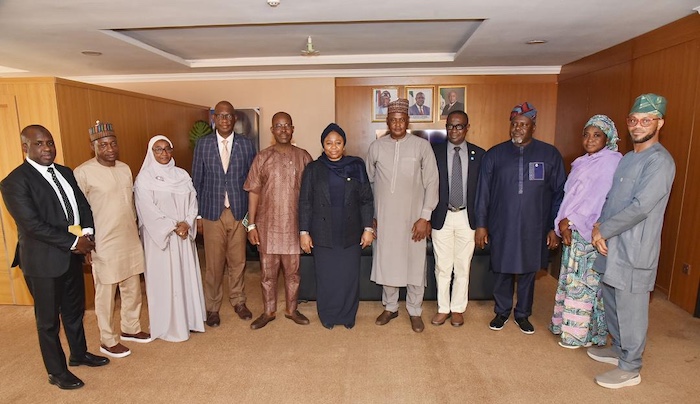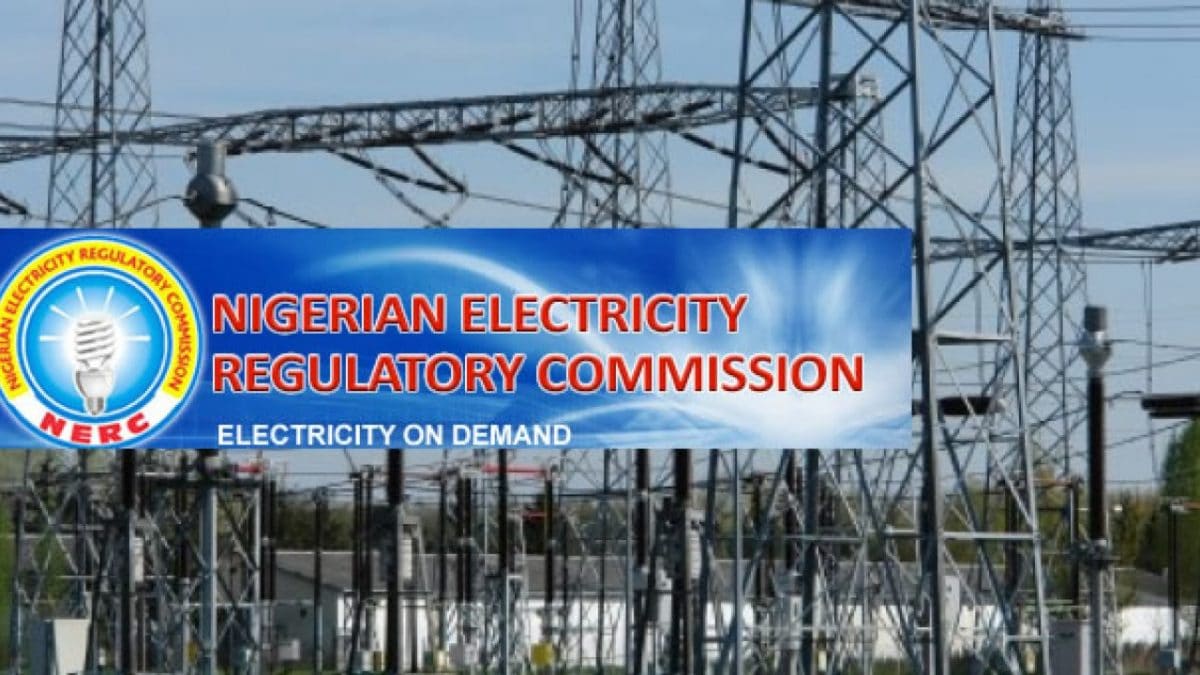
New guidelines take effect November 1, 2025, targeting leakages and unregulated fees in Nigeria’s power sector.
The Nigerian Electricity Regulatory Commission has rolled out stringent new rules governing the commissions paid to third-party electricity bill collectors, ordering all distribution companies to re-register their collection partners by December 31, 2025 or face sanctions.
The directive, contained in the newly issued Guidelines for the Engagement of Third-Party Collection Service Providers in NESI, becomes effective November 1, 2025. It represents one of the most sweeping attempts yet to curb revenue leakages, end arbitrary charges and enforce the cashless payment policy long mandated in Nigeria’s electricity market.
Signed by the Commission’s Vice Chairman, Musiliu Oseni, the document formalises every permissible channel for paying electricity bills, USSD, mobile apps, banking platforms, PoS agents, kiosks and rural vendors while imposing strict limits on the charges customers can incur.
Reviving Nigeria’s Cashless Electricity Payment Policy
The development marks the latest effort to enforce Order NERC/183/2019, which required DisCos to migrate industrial and commercial customers to cashless channels by January 31, 2020, and MD residential customers by March 31, 2020. Although intended to eliminate leakages and ensure direct remittances to utility accounts, cash transactions have remained widespread, especially in rural areas where unregistered agents often charge unregulated fees.
According to industry operators, thousands of informal agents charged far above approved rates, draining revenue and worsening the liquidity crisis in the power sector.
Only CBN-Licensed Entities Can Collect Electricity Payments
Under the new regime, only organisations licensed by the Central Bank of Nigeria including banks, Payment Service Solution Providers (PSSPs), PTSPs, Mobile Money Operators (MMOs), switching firms, card schemes and super-agents are permitted to serve as Collection Service Providers.
To qualify, a prospective CSP must present a valid CBN licence, a signed agreement with a DisCo, CAC incorporation documents, a banker’s reference, three years’ tax clearance, VAT registration, a list of sub-agents, an API integration agreement with NIBSS, and proof of a non-refundable N100,000 registration fee.
No CSP may operate without NERC approval, and no DisCo may retain any partner not cleared by the regulator.
NERC also classified collection channels into five categories:
- USSD (real-time short-code transactions)
- Banking & Switching (apps, ATMs, Interswitch, Flutterwave, Paystack, NIBSS)
- Mobile Payment Services (web, transfers, NQR, IVR, wallets)
- Agency Services (PoS terminals, kiosks, cash vendors)
- Rural Services (payment agents in underserved communities)
Strict Caps on Charges to End Arbitrary Fees
The commission set binding maximum commissions across all payment channels, including:
- USSD:
- N20 for transactions below N5,000
- N50 for transactions of N5,000 and above
- Banking & Switching:
- Banks, gateways – 0.75%, capped at N2,000
- ATM – 1.10%, capped at N2,000
- Wallets – 1.25%, capped at N2,000
- Mobile Services (Web, IVR, NQR):
- 1.50%, capped at N2,000
- Agency & Rural Channels:
- PoS – 1.50%, capped at N2,000
- Kiosks – 2.00%, capped at N2,000
- Agents – 2%–3%, capped at N5,000
- Rural agents – 3.25%, capped at N5,000
CSPs are strictly prohibited from deducting any other fees such as IT support, onboarding, or marketing charges.
NERC also ordered that all collection contracts be prefunded, except those involving banks and switching companies, which must settle transactions on a T+1 basis.
Maximum Demand customers remain excluded from third-party collection; their payments must go directly into DisCos’ accounts.
“These rules will remain in force until amended by the Commission,” NERC stated.
Smaller Agents Fear Fallout as Deadline Looms
While the guidelines promise improved transparency and liquidity for NESI, many rural and small-scale agents fear the new caps especially the 3.25% limit and N5,000 ceiling could force smaller operators out of business in areas where customer density and power supply remain low.
With only a short window before the policy takes effect, DisCos now face pressure to revalidate thousands of existing collection contracts from major fintech partners to rural cash handlers before the December 31, 2025 deadline.
NERC warned that any CSP not fully registered and approved by the deadline “shall cease to operate.”
If implemented as designed, the policy is expected to plug revenue leakages, raise collection efficiency for DisCos and help reduce the long-standing liquidity shortfall in Nigeria’s power sector.
